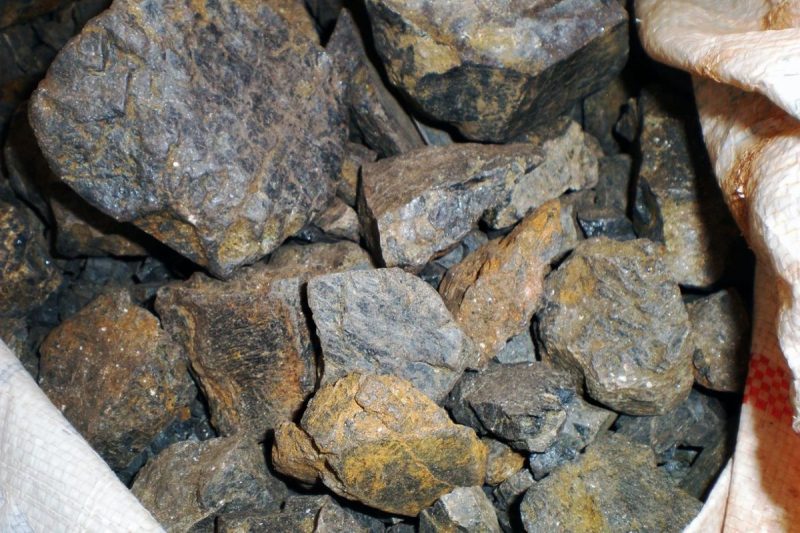Coltan, also known as columbite-tantalite, is a valuable mineral that has gained both commercial significance and controversy in recent years due to its link to armed conflict and human rights violations in certain regions where it is extracted. Here are five key facts to deepen your understanding of this complex issue:
1. **Geographical Concentration**: Coltan is primarily found in the Democratic Republic of Congo (DRC) in Africa. The concentration of coltan in this region has contributed to the conflict and exploitation associated with its extraction. Armed groups and rebel forces often control coltan mines, leading to human rights abuses and fueling violence in the area.
2. **Global Demand**: Coltan is a crucial raw material in the manufacturing of electronic devices, particularly in the production of cell phones, laptops, and gaming consoles. The growing demand for electronics worldwide has significantly increased the value and demand for coltan, driving further extraction and intensifying the associated conflicts in the DRC and other regions where it is found.
3. **Environmental Impact**: The extraction of coltan has led to significant environmental degradation in regions where mining activities take place. Deforestation, soil erosion, and pollution of water sources are common consequences of coltan mining, impacting local ecosystems and the communities that depend on them for their livelihoods.
4. **Child Labor and Human Rights Violations**: One of the most troubling aspects of coltan mining is the prevalence of child labor and exploitation of workers in the supply chain. Children are often forced to work in dangerous conditions in coltan mines, deprived of education and basic rights. The lack of regulation and oversight in the industry has enabled these exploitative practices to persist.
5. **Ethical Sourcing and Transparency**: Efforts are being made by governments, NGOs, and companies to promote responsible sourcing practices and ensure transparency in the coltan supply chain. Initiatives such as the Conflict-Free Sourcing Initiative aim to trace the origin of minerals like coltan and prevent their inclusion in products that contribute to conflict and human rights abuses. Consumers are also becoming more aware and demanding ethically sourced products to help combat the negative impacts of coltan mining.
In conclusion, the issue of coltan mining highlights the complex interplay between economic interests, environmental concerns, human rights violations, and global demand for consumer goods. Addressing the challenges associated with coltan extraction requires a multi-faceted approach involving cooperation among governments, industry stakeholders, and civil society to promote sustainable and ethical practices in the mineral supply chain.






























